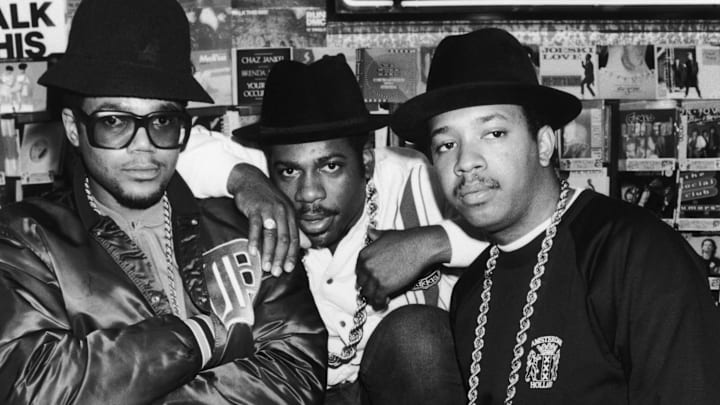GHETTO MINDED: THE BLUEPRINT OF HIP HOP by Boogie Down Productions (1989)
Kris Parker billed himself as a teacher who used rap in his classroom. And lyrically, as KRS-One, Parker shared his street-savvy intelligence with anyone who would listen. The fact is, he was doing that from his very first album – Criminal Minded – in 1987. That in and of itself seemed like a radical act in the late ‘80s. But on their third album, KRS’s crew, Boogie Down Productions, expanded their sound beyond what anyone else was doing at the time.
BDP was a founding father of gangsta rap, but in KRS’s hands, that subgenre meant something different from what the public would label it. It was art, reflecting the street, from the street. It wasn’t advocating or glorifying anything other than having some basic knowledge of where you came from. From their very birth as a recording unit, BDP understood the fragility of their world. Founding DJ Scott Sterling, AKA Scott La Rock, was murdered six months after their debut album was released.
KRS took on most of the production responsibilities after La Rock died, and he hit his creative peak on Ghetto Music. “Why Is That,” the second track on the album, still sounds modern. The seventh, “Who Protects Us From You,” is as lyrically relevant today as it was in 1989. “Breath Control,” which comes in between them, is as inventive as anything being created in hip-hop at the time.
Ghetto Music crashed the top 40 and made the top 10 on the R&B charts. Two of its singles also charted, the only time in their brief career that they managed multiple hits. The follow-up album, Edutainment, scored big as well. But KRS would shut down BDP after one final album in 1992. In retrospect, Ghetto Music hit the absolute sweet spot for what KRS was trying to do – a perfect marriage of lyrical substance and ground-breaking beats. He was among the first to reveal how hip-hop could be rough and raw and in-your-face, while still carrying important messages forward.
